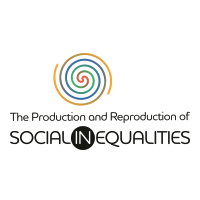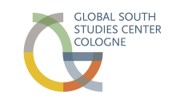
"Development" Fostering Social Inequality?: A Study on Labor Arrangements in Ethiopia’s Manufacturing Sector
Project members:
- Prof. Dr. Meron Zeleke, Addis Ababa University, Principal Investigator
This project looks at debates on “development” and practices of labor exploitation in the manufacturing sector in Ethiopia. Her focus is on understanding the role of the Ethiopian state and national development polices in producing and reproducing social inequality. Ethiopia follows a developmental state model with the objective of ensuring equitable economic development and social justice. It has set an ambitious national vision of becoming a lower-middle-income country by 2025, backed by different policies and strategies.
One such policy is the national Growth and Transformation Plan (GTP II), covering the period from 2015 – 2020, which focuses on ensuring rapid, sustainable, and broad-based growth through enhancing manufacturing sector productivity (Oqubai 2015). The state has sponsored the construction of mega-industrial parks attracting well-known global brands from Europe, the US and Asia. A major selling point used by the government to attract Foreign Direct Investment is the country’s “cheap/abundant labor”. The much-touted employment opportunities created by these manufacturing industries are not matched by decent working conditions, thus contributing to growing economic inequality. Most of the workers in the industrial parks earn less than 30 USD a month, which is way below the government’s own minimum wage for its civil servants. Moreover, they are exposed to working conditions below the standard set by the Ethiopian labor law (Barrett & Baumann-Pauly 2019).
This contribution seeks to examine the paradox of a government committed to economic development and social equality while at the same time reinforcing inequality, and poses the following question: How does the government’s concept of development contribute to reducing or increasing social inequality in Ethiopia? What are the working conditions of factory workers, and what informal and legal strategies do they use to advance their interests in the workplace? To answer these questions, Eresso will do ethnographic fieldwork and conduct qualitative interviews with policymakers and workers employed at Industrial Parks located at two different sites in the country.
Learn more...


Project Activities

Project: From global standards to unequal treatment
This Research Unit is funded by the Volkswagen Foundation


